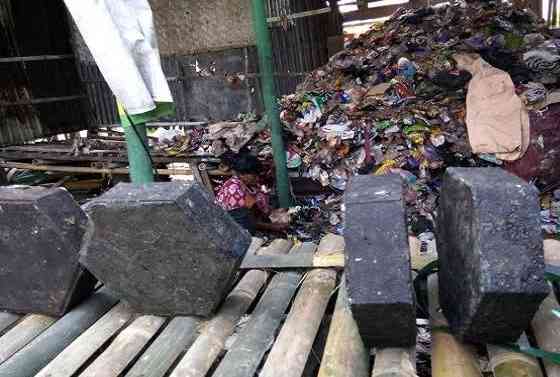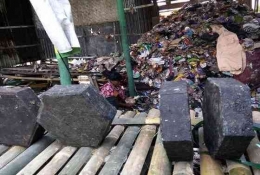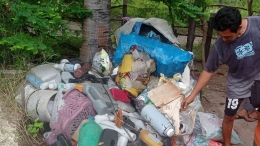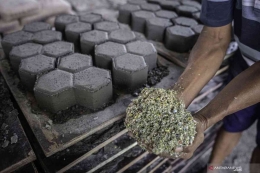1. Research and Planning
Feasibility Study: Conduct research to evaluate the technical, economic, and environmental success of making paving blocks from scrap. This includes analyzing available raw materials, production processes, costs, and environmental benefits. Production Process Planning: Determine the production process to be used, including the source of waste to be sourced, processing techniques, and the creation of an optimal formula or mix of materials.
2. Waste Collection and Segregation
Waste Source Identification: Determine the source of waste to be used in the production of paving blocks. This could be recycled plastic waste, old tires, or other waste. Waste Collection and Segregation: Design a waste collection and sorting system to ensure the quality of the raw materials used. Ensure that the waste is separated and cleaned before processing.
3. Material Preparation
Waste Treatment: Waste treatment processes such as crushing or grinding waste into a suitable size for mixing with binders.
Preparation of Additional Materials: Prepare additional materials such as cement, additives, or other binders needed to create a strong and durable mixture.
4. Testing and R&D
Quality Testing: Conduct tests on the waste mixture and additives to ensure that the mixture meets the required quality standards.
Research and Development (R&D): If necessary, conduct further research and development to find the optimal blend formula and efficient production process.
5. Fulfillment of Environmental Requirements
Permits and Regulations: Make sure to obtain the necessary permits and comply with environmental regulations related to waste management and construction material production. These steps are important to ensure that the production process of paving blocks from scrap waste is efficient, produces high-quality products, and is mindful of any environmental impacts that may arise.
Production Process of Eco-friendly Paving Blocks from Scrap Waste: Quality and Environmental Conservation Measures









